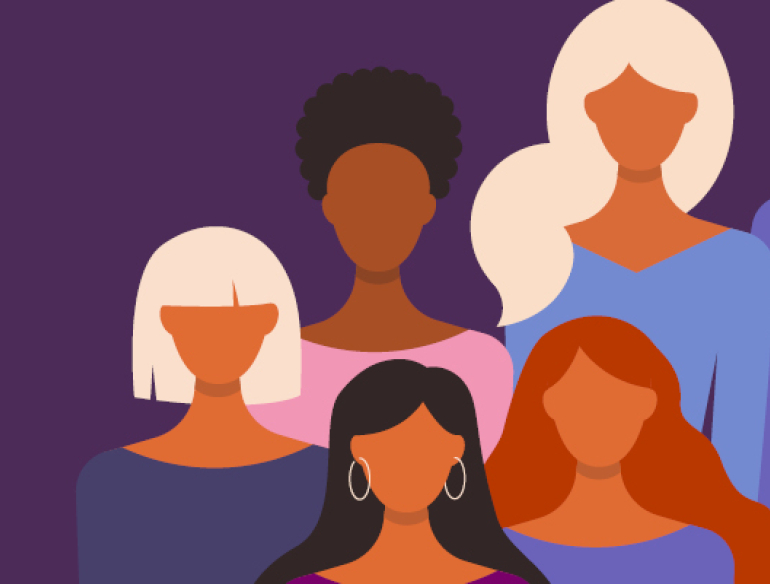Location:
Webinar via Teams Live Event
Cost
Free
Contact for enquiries
Rata Joseph, +61 (2) 9385 0900 or recpt@kirby.unsw.edu.au
Booking
https://ki-iwd2021.eventbrite.com.au/
International Women's Day special seminar
The COVID-19 pandemic has been sweeping the world for a year, and we are now beginning to recognise the longer term impacts. Increasingly, it is becoming evident that women are disproportionately bearing the brunt of social and economic impacts due to COVID-19. But there are inspiring women who are not only leaders in their fields in the COVID-19 response, but are addressing some of the inequalities experienced by women in their communities.
This International Women’s Day, the Kirby Institute is proud to present a webinar featuring three female leaders who have made enormous contributions to communities across Australia during the COVID-19 pandemic and beyond.
Speakers
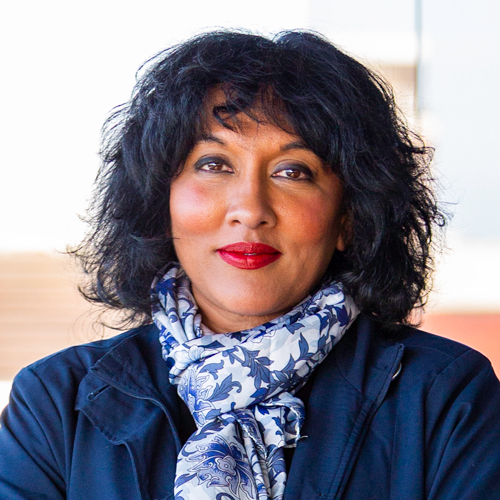 |
Professor Raina MacIntyre Raina MacIntyre (MBBS Hons 1, M App Epid, PhD, FRACP, FAFPHM) is Professor of Global Biosecurity, NHMRC Principal Research Fellow and Head of the Biosecurity Program at the Kirby Institute, UNSW, Australia. She leads a research program in control and prevention of infectious diseases, spanning vaccinology, pandemics and emerging infections, and personal protective equipment. Her area of vaccine expertise is vaccination of older adults and immunosuppressed people, as well as the role of influenza and other infections on triggering cardiovascular events, and how these can be prevented by vaccines. She has over 400 peer reviewed publications. She has received many awards including the Sir Henry Wellcome Medal and Prize from the Association of Military Surgeons of the US, the Public Health Association of Australia’s National Immunisation Award (for her research on adult vaccination), and the Frank Fenner Award for Research in Infectious Diseases. She is passionate about diversity in medicine, has been active in UNSW mentoring programs, chaired the Women’s Employment Strategy Committee for UNSW Medicine for 8 years and is currently on the Kirby Equity and Diversity Committee and the Cultural Diversity Working Group for UNSW. |
|
 |
||
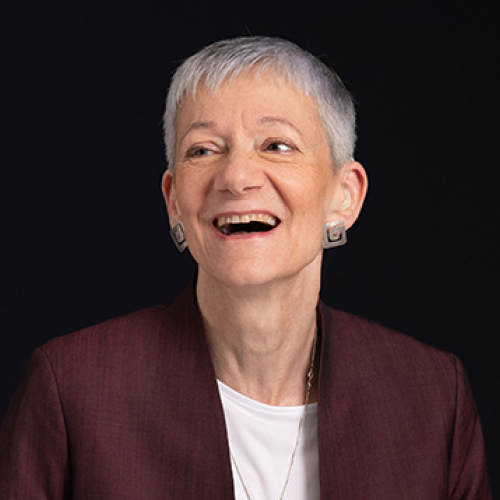 |
Professor Jackie Leach Scully Jackie Leach Scully is Professor of Bioethics and Director of the Disability Innovation Institute at UNSW. With a background in molecular oncology and neuroscience, she has specialised in ethical issues in biomedicine and the life sciences, and particularly their relevance to people with disability. Her research has included the bioethics of prenatal selection, mitochondrial replacement, genome editing, assistive technologies, and global health emergencies. She is currently CI in the ARC Centre of Excellence in Automated Decision Making and Society, and in separate projects looking at reproductive autonomy, epigenetics, and genetic testing for people with intellectual disability. She is also writing on the patient experience in organ transplantation. Jackie is a Fellow of the Academy of Social Sciences, of the Royal Society of Arts, and of the Hastings Center, and in 2020 was named as one of Australia’s Outstanding 50 LGBTI+ Leaders. |
|
 |
||
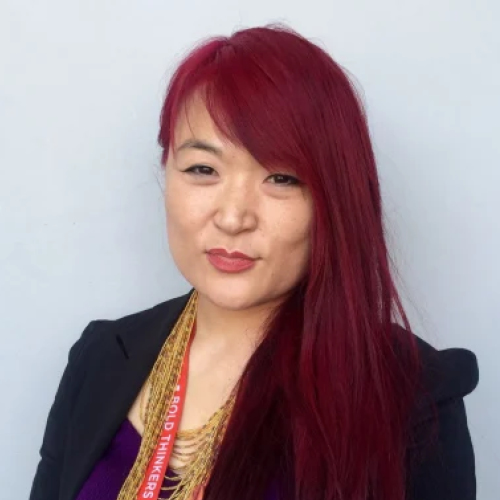 |
Jules Kim Jules Kim is a Korean/Australian sex worker and the CEO of Scarlet Alliance, Australian Sex Workers Association - the peak national organisation that has been representing sex workers and sex worker organisations, collectives and projects throughout Australia since 1989. She is the Chair for the regional sex worker network, Asia Pacific Network of Sex Workers (APNSW) and is the UNAIDS Program Coordinating Board (UNPCB) NGO Delegate for the Asia Pacific for 2019-2021. Jules represents sex workers on a number of government committees and advisory mechanisms such as the Blood Borne Viruses and Sexually Transmissible Infections Standing Committee and National Roundtable on Human Trafficking and Slavery since 2009 and has provided testimony and expert advice to parliamentary hearings and inquiries in relation to sex work, migration, trafficking and law reform. She has over 20 years' experience in sex work, sex worker advocacy, community development and representation. |
Facilitator
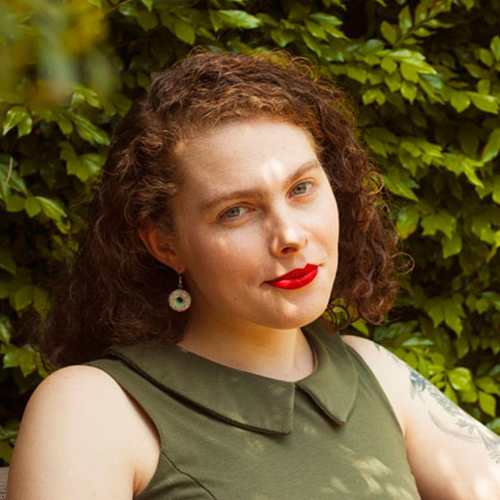 |
Liz Duck-Chong Liz Duck-Chong is a freelance writer, health researcher, filmmaker and peer worker, whose essays and non-fiction have been published widely. Twitter: @lizduckchong |
Help is available.
If you require immediate assistance, please call 000.
If you are in distress, please call Lifeline on 13 11 14 or chat online.
Under 25? You can reach Kids Helpline at 1800 55 1800 or chat online.
You can also reach the Suicide Call Back Service on 1300 659 467 or chat online.
If you’d like to speak to someone about sexual violence, please call the 1800 RESPECT hotline on 1800 737 732 or chat online.
UNSW has a network of students and staff who are trained to offer you confidential support in relation to sexual misconduct. Find a first responder at unsw.to/firstresponders.
Opinions expressed in the Kirby Institute Seminar Series are solely those of the speaker and do not necessarily represent the views or opinions of the Kirby Institute or UNSW.
Event imagery uses artwork Flat international women's day illustration Free Vector by freepik.
